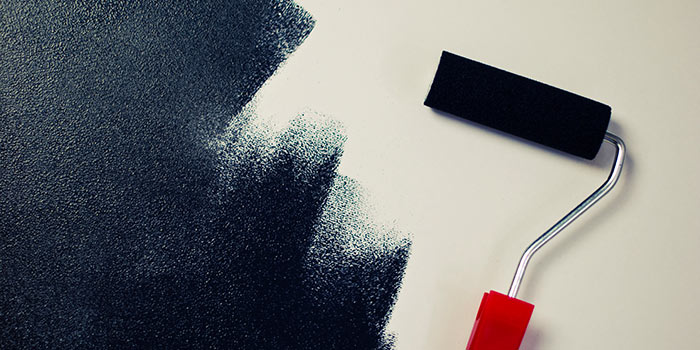House flipping can be a tempting way to make fast money, but not every fixer-upper has the potential to be profitable. Here’s five things to consider before buying a property to flip.

1. Time
Television shows can make it seem as though house flipping is easily achieved with a hammer and some paint rollers. However, the reality of the situation is usually much different. Most houses purchased at a rate attractive to flippers will need major work beyond cosmetic improvements. Estimating the amount of time needed to flip a house is necessary when considering whether to buy a fixer-upper, since getting the house back on the market is key to putting money in your pocket. This is especially true if you’ve taken out a loan to fund the flip. Be sure to stick to a disciplined renovation schedule so you can sell the home as quickly as possible and use that cash to pay for your next flip.
2. Cost
It’s likely that any home you flip will need significant repairs. Estimating the costs of those repairs before buying the home is a vital step in the flipping process. You’ll also need to determine how much of the work you can do yourself, as paying outside contractors will eat into your profit. It is advised that you do as much of the work as you can without hiring a professional, and utilize any friends and family members who are willing to help. You should estimate labor and material costs beforehand, and make sure you’re able to go over that amount if necessary. The general rule is to avoid spending more than 70 percent of the home’s after-repair value (ARV). That number includes the sale price of the home and all repairs. For example, if the ARV is $100,000, you shouldn’t put more than $70,000 into the home.
3. Location
Turning an ugly duckling into the most beautiful house on the street doesn’t mean anything if the neighborhood isn’t appealing to buyers. Before purchasing a fixer-upper, research the area’s schools, crime rates, and overall desirability. The best tactic is to find an up-and-coming neighborhood where other homes are also being flipped and improved, and investigate the selling prices of those houses. You should also research whether the area is set to receive a surge of popularity due to local investment or the construction of new developments such as business complexes or shopping centers.
4. Risk
Even if all the stars align and it seems like you’re making the best investment possible, unexpected and costly problems can still arise during the renovation process. Do your best to understand the reality of the situation before purchasing a fixer-upper, including paying for an inspection from a trusted professional. It’s necessary to remember that house flipping is a high risk, high reward business. If you can’t accept the fact that you could potentially lose money or simply break even, this may not be the right business venture for you.
5. Patience
Finding the perfect property to flip can be a lengthy process, so don’t allow yourself to make a bad investment decision simply because you’re impatient. Be prepared to wait for the right house, and be ready to walk away if the seller of the home rejects your offer. It’s better to keep looking and reap the rewards later than to lose money in the present. Joining a local real estate club is a great way to meet other flippers in the community who are willing to share their knowledge and expertise.
Although house flipping can seem like an exciting way to express your creativity and make a profit as you do it, the logistics of being a successful flipper are far more complicated. The most successful flippers do their due diligence before taking the plunge.
